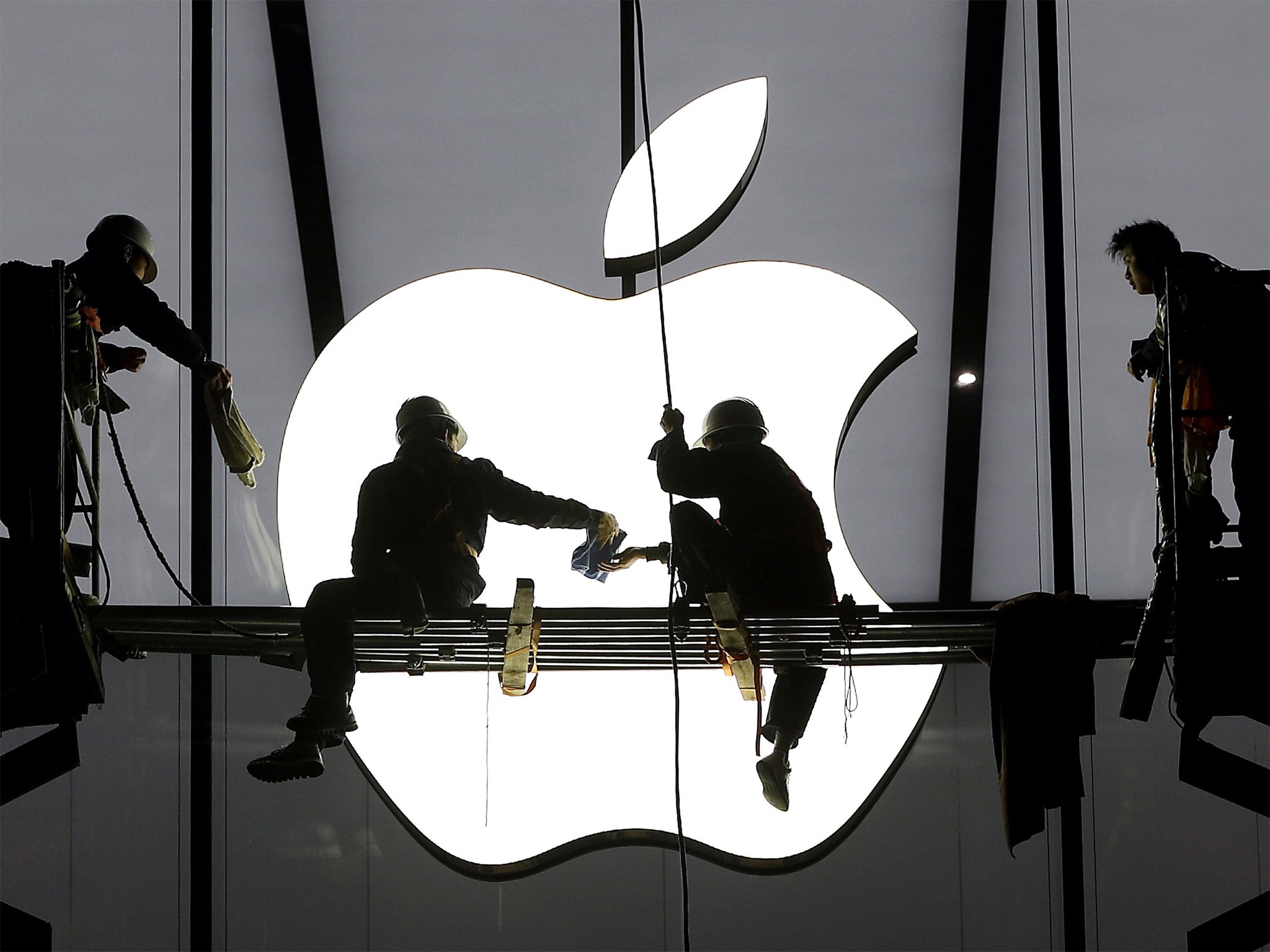Apple's record profit leaves tech giant wondering how to spend $178bn
It now has the financial might to buy Lithuania three-times over

Apple is no stranger to breaking records. But today it smashed one that, even by its giddy standards, it will have trouble topping. The tech giant yesterday reported the largest quarterly profit in corporate history.
Surpassing previous records set by major oil companies such as Exxon Mobil, it posted a quarterly turnover of $18bn (£11.9bn). But questions were soon being raised about the firm’s tax dealings and how it could best spend its mountains of cash, which currently stand at $178bn (£117bn).
Already the most valuable company on the stock market, Apple itself – even by its own high standards – found the results difficult to comprehend. It now has the financial might to buy Lithuania three-times over; every second it makes a profit of £1,528, and it is bigger than Hong Kong and Finland in terms of GDP. The astonishing comparisons and facts just keep coming.
Chief executive Tim Cook, who said the company had sold some 34,000 iPhones an hour every day of the past quarter (74.5m sales of the hugely popular smartphone), described the sales a “phenomenal”. The “volume is hard to comprehend”, he said.
But in the complex world of modern finance, the huge profits are set also to bring the company its fair share of headaches. First, it will see fresh demands to hand some of its staggering cash pile back to its shareholders.
Under pressure from activist investors such as Carl Icahn – who has called the company that most over-capitalised in history – Apple has used its vast holdings to borrow money in the meantime, so it can return it to shareholders, either by buying back its own shares with the aim of increasing the value of those that remain in issue, or through dividends.
Little of Apple’s huge cash reserves are available to pay shareholders, as some 89 per cent of it lies offshore, out of the hands of the Internal Revenue Service.
Two years ago, Mr Cook told Congress that much of it could eventually come back to the US. He even admitted Apple would be happy to pay more tax, but only if there was a “dramatic simplification of the corporate tax code”, including a “reasonable tax on foreign earnings that allows the free flow of capital back to the United States”.
The company’s investments are managed by Braeburn Capital, named for a variety of apple suited to long-term storage. The division is based in Reno, Nevada, where it benefits from zero rates of corporation tax and capital gains.
Join our commenting forum
Join thought-provoking conversations, follow other Independent readers and see their replies
Comments